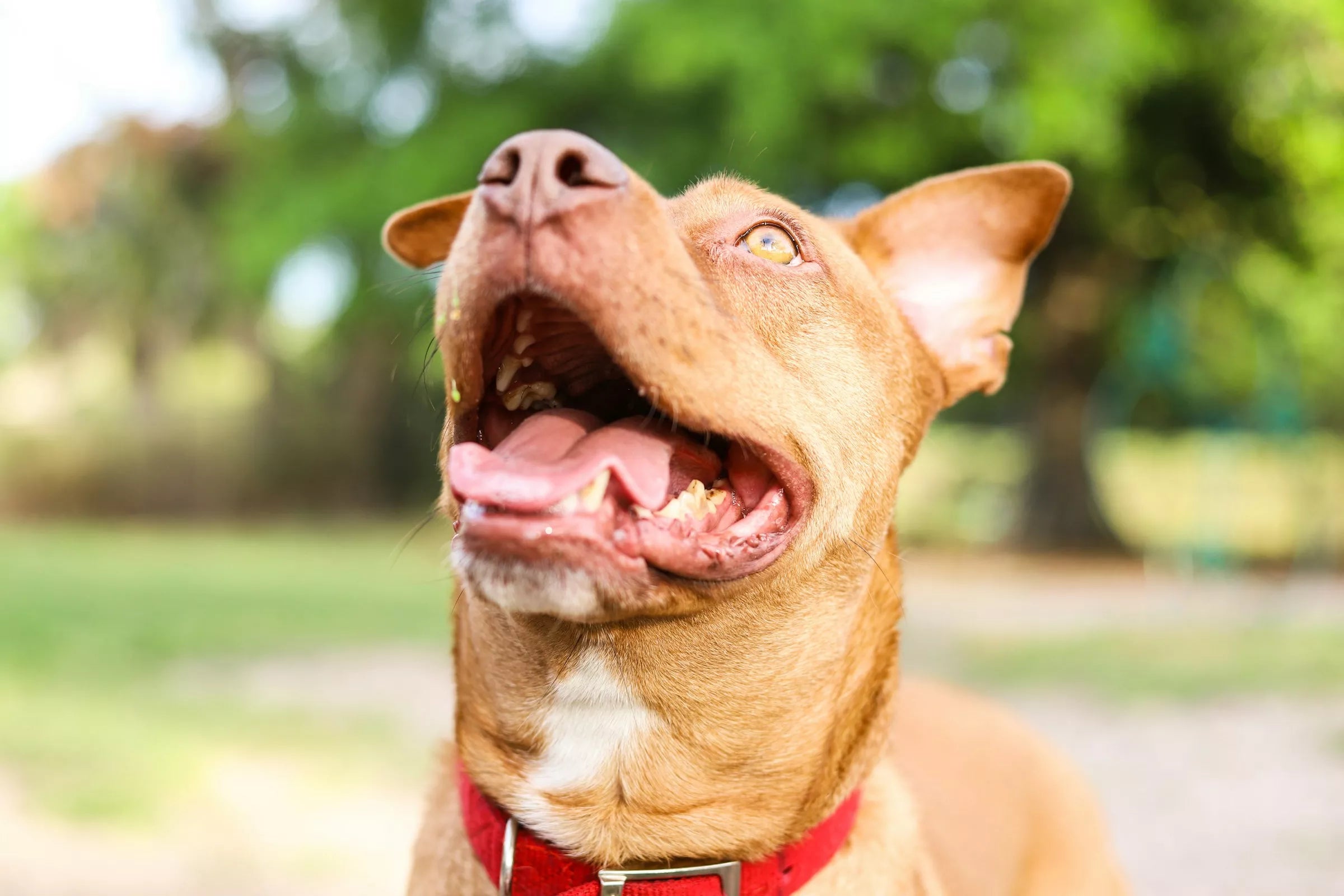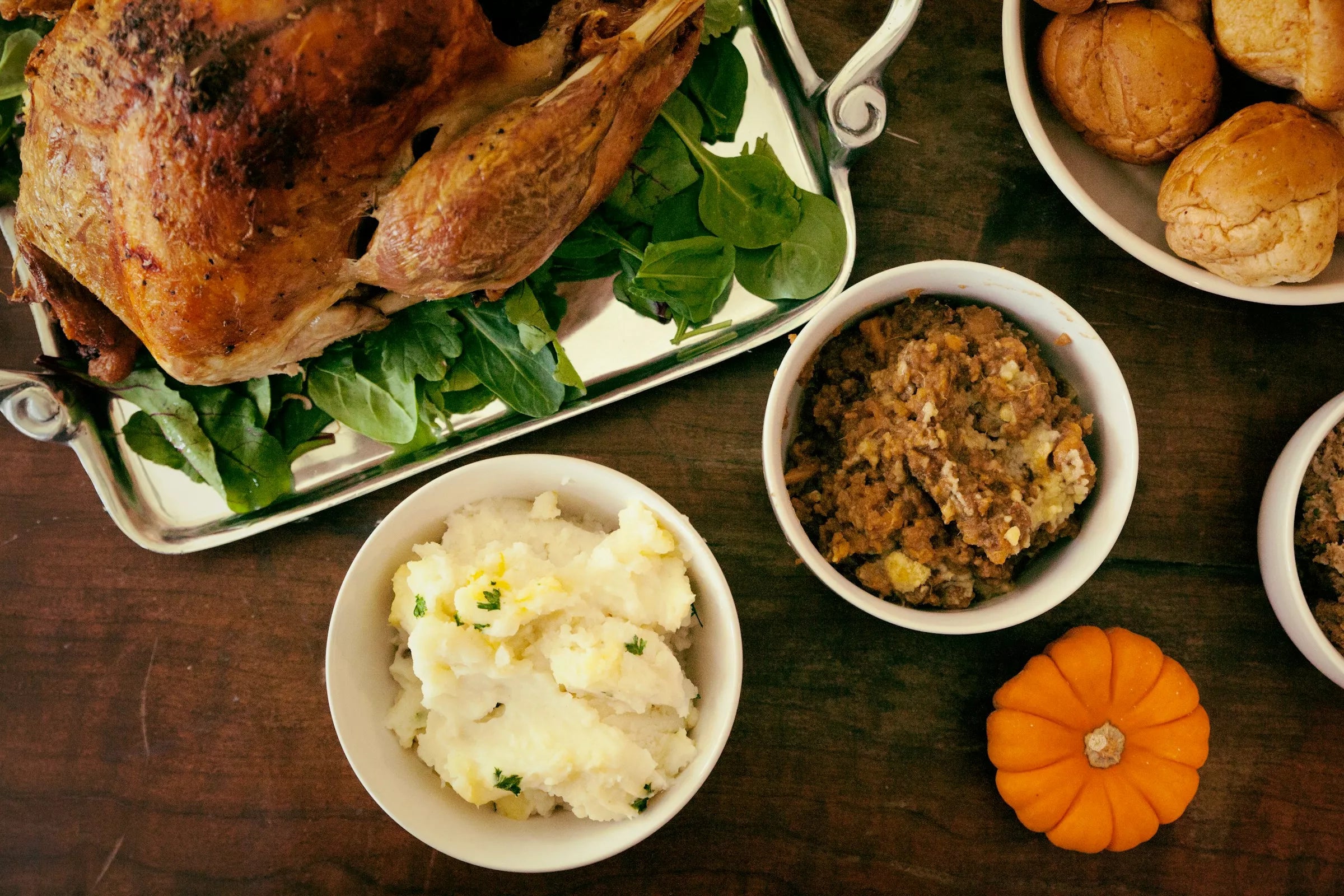Introduction
Hey there, fellow dog parents! We all want the best for our furry family members, right? Just like us, our dogs' health and happiness start with a good diet. You've probably heard a lot about grain-free dog food lately. It's becoming quite popular among dog parents. But what exactly is it, and why should you consider it for your pup? Let's dive into the world of grain-free dog food and explore its benefits.
Understanding Grain-Free Dog Food
First things first, what is grain-free dog food? Simply put, grain-free dog food is made without any grains such as wheat, corn, rice, or barley. Instead, these foods often use alternative sources of carbohydrates like sweet potatoes, peas, or lentils.

Benefits of Grain-Free Dog Food
Improved Digestion
Many dog parents have noticed that their dogs seem to digest grain-free food more easily. This can be especially true for dogs with sensitive stomachs. Grain-free foods tend to produce less bloating and gas, making mealtime a more pleasant experience for both you and your pup.
Better Skin and Coat Health
If your dog has been scratching a lot or has a dull coat, grain-free food might help. Some grains can cause allergies that lead to itchy skin and poor coat condition. Switching to grain-free dog food can reduce these allergies, resulting in a shinier and healthier coat.
Increased Energy Levels
Dogs, just like people, get their energy from the food they eat. Grain-free dog food often contains higher-quality ingredients that are easier to digest and absorb. This means your dog can get more energy from their food, leading to more playful and energetic behavior.
Weight Management
Maintaining a healthy weight is crucial for your dog’s overall health. Grain-free dog food can help manage your dog's weight better. These foods typically contain more protein and less filler, which can help your dog feel fuller for longer, reducing the risk of overeating and obesity.
Fewer Allergies
Grain allergies can cause various health issues in dogs, from itchy skin to digestive problems. By eliminating grains, grain-free dog food can help reduce these allergies and improve your dog's overall health.
Comparing Grain-Free and Traditional Dog Food
When choosing the right food for your dog, it’s essential to compare grain-free and traditional dog food. Grain-free options often have higher protein content and fewer fillers. However, they can be more expensive and less readily available than traditional dog foods.

How to Transition to Grain-Free Dog Food
Switching your dog’s diet should be done gradually. Start by mixing a small amount of grain-free food with their regular food and gradually increase the amount over a week or two. Keep an eye on your dog’s reaction during this period and consult your vet if you notice any adverse effects.
Potential Downsides of Grain-Free Dog Food
While there are many benefits to grain-free dog food, it’s not suitable for all dogs. Some dogs may have specific dietary needs that grain-free food can't meet. Additionally, grain-free dog food can be more expensive and, in some cases, might lead to nutritional imbalances if not formulated correctly.
Myths and Misconceptions About Grain-Free Dog Food
There are a few common myths about grain-free dog food that need debunking. For instance, some people believe that grain-free means carb-free, but that's not true. Grain-free foods still contain carbohydrates from other sources. Another misconception is that grain-free is always healthier, which isn't the case for every dog.

Choosing the Right Grain-Free Dog Food
When selecting grain-free dog food, it’s essential to read labels carefully. Look for foods that offer balanced nutrition without fillers or artificial additives. Consulting with your vet can also help ensure you choose the best option for your dog.
Homemade vs. Commercial Grain-Free Dog Food
Making homemade grain-free dog food can be a great option if you prefer to control your dog's diet closely. However, it requires careful planning to ensure balanced nutrition. Commercial grain-free dog foods are convenient and formulated to meet your dog’s nutritional needs but can be pricier.
Conclusion
Grain-free dog food offers numerous benefits, from improved digestion to better skin and coat health. However, it’s not a one-size-fits-all solution. It’s important to consider your dog's specific needs and consult with your vet before making any dietary changes. By understanding the benefits and potential downsides, you can make an informed decision that best supports your furry friend's health and happiness.
FAQs
Is grain-free dog food better for my dog?
It depends on your dog's specific needs. Some dogs benefit greatly from grain-free food, especially if they have allergies or digestive issues.
How do I know if my dog needs grain-free food?
Signs like frequent itching, digestive problems, or a dull coat might indicate your dog could benefit from a grain-free diet. Always consult your vet before making changes.
Can puppies eat grain-free dog food?
Yes, but it's essential to choose a formula specifically designed for puppies to ensure they get all the necessary nutrients for growth.
Are there any side effects of grain-free dog food?
Most dogs adjust well, but some might experience digestive issues during the transition. Always introduce new foods gradually.
What should I look for in a grain-free dog food?
Look for high-quality ingredients, balanced nutrition, and the absence of fillers and artificial additives. Consulting with your vet can also help you make the best choice.















Share:
Why Are Y-Shape Dog Harnesses Better?
How Often Should I Bath My Dog?